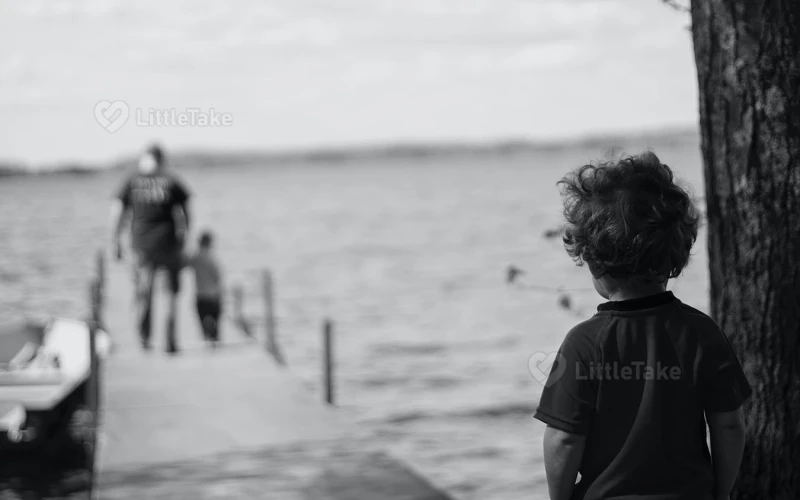
Addressing Childhood Fears & Anxieties
Fears and anxieties are a natural part of childhood, but as a parent, you can help your child manage these emotions and build resilience. Here are some tips on how to address and support your child through their fears and anxieties:
Validate Their Feelings
Let your child know that it's normal to feel scared or anxious sometimes. Acknowledge their feelings and reassure them that it's okay to express their emotions. Avoid dismissing or trivializing their fears, as this may make them feel invalidated or unheard.
Encourage Communication
Encourage your child to talk about their fears and anxieties, and actively listen to what they have to say. This helps them feel supported and understood, which can be an essential first step in managing anxiety.
Teach Coping Strategies
Help your child develop coping skills to manage their fears and anxieties. This may include deep breathing exercises, mindfulness techniques, or engaging in relaxing activities like reading, drawing, or listening to music. Having a "toolbox" of coping strategies can empower your child to face their fears.
Provide Reassurance and Comfort
Offer comfort and reassurance when your child is feeling scared or anxious. Hold them, hug them, or provide a comforting item like a stuffed animal or blanket. Remind your child of their strengths and past successes in overcoming fears.
Expose Them Gradually
Help your child face their fears gradually by exposing them to the feared situation in small, manageable steps. This process, called exposure therapy, can help them become more comfortable with the source of their anxiety over time.
Offer Positive Reinforcement
Praise your child's efforts to face their fears, even if they don't succeed right away. Positive reinforcement can help build confidence and motivate your child to keep trying.
Be a Role Model
Children often look to their parents for guidance on how to cope with stress and anxiety. Model healthy coping strategies and demonstrate how you face your own fears and anxieties, so your child can learn from your example.
Seek Professional Help When Necessary
If your child's fears and anxieties are causing significant distress or interfering with their daily life, it might be helpful to consult a mental health professional. They can provide guidance and support tailored to your child's specific needs.
By being supportive, understanding, and patient, you can help your child navigate their fears and anxieties, ultimately building resilience and emotional strength to face challenges throughout their lives.













